Guest Opinion//August 29, 2023
The changing dynamics of Arizona’s workforce made headlines earlier this summer after the Greater Phoenix Chamber Foundation’s 2023 State of the Workforce Report showed continued advancement and diversification of Arizona’s job market. At a time when concerns over a possible recession are looming, and major retailers across the country are issuing rounds of layoffs, the report offered an encouraging picture of our state’s economy and the workforce that fuels it.
Arizona is a leader among other states for opportunity and growth in population, jobs, and wages, thanks to the state’s devotion to innovation and growing, attracting and maintaining high-quality jobs. The state added more than 633,000 jobs over the last decade (a 25.7% increase). The Greater Phoenix region also performed better during and post-pandemic than the U.S. as a whole in terms of the unemployment rate.

As of 2022, the region’s unemployment rate was 3.1% compared to the U.S. rate of 3.6%. Keep in mind that growth states like Arizona typically post higher unemployment rates because when people move here to find work, they are listed as unemployed during that process.
This is just another example of how the state outperforms many competitors when the data is carefully reviewed, a goal of the Chamber. This is also true for the recent trend in local per capita personal income, a measure of job quality that has recently turned positive after years of decay.
While the data as-a-whole shows we are trending in the right direction, it also shows that workforce development continues to be an area that needs further attention and improvement. A recent survey by the National Federation of Independent Businesses (NFIB) found that 47% of small business owners reported having job openings they could not fill. The same survey found that 38% of owners have job openings for skilled workers and 19% have openings for unskilled workers.
The pandemic, increasing retirement rates among baby boomers, decreasing birth rates and declining high school and higher education enrollments are all contributing factors to the ongoing worker shortages impacting businesses across the country and in Arizona. There also has been a systemic shift in the employee vs. employer relationship as more Americans look to design their own career paths and opportunities. Simply put, employees carry the power and are getting pickier over the jobs and lifestyles they choose to accept.

Shortages in occupational categories like nursing, specialized manufacturing engineering and cybersecurity will prove to be particularly problematic. That is why it is so important to focus more strategically on workforce training throughout Arizona and provide a better match between worker supply and demand in the future.
The economic benefits realized over the past 10 years were only possible with a deliberate shift in how state lawmakers, the business community and economic development advocates approach building an economy. Tax rates were fine-tuned, regulations were made more efficient and investment of public funds began to be based on strategic analysis that identified whether a project would produce a positive return on investment (ROI) for the taxpayer.
The key is to maintain a policy that includes strategic analysis related to workforce development. By identifying areas where workforce supply is short of demand, high ROI projects can serve to fill the vacant positions while also generating more tax revenue than the project cost. This is how profitable businesses operate and how our public policy planning needs to operate.
The work is never done. The Greater Phoenix Chamber Foundation’s top priority will continue to be aggressively advancing the economy with an emphasis on workforce development. Ultimately, we will determine success by the extent the relevant data improves or decays over time, and we are fully expecting continued positive outcomes from future statistics.
Jim Rounds is president & CEO of Rounds Consulting Group, Inc. Jennifer Mellor is the chief innovation officer of the Greater Phoenix Chamber Foundation.


